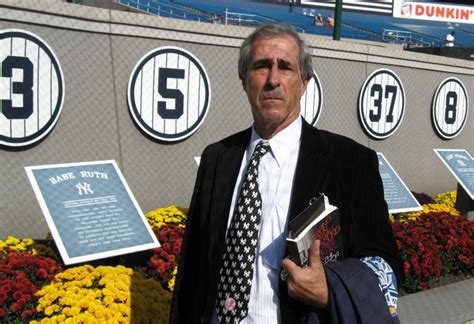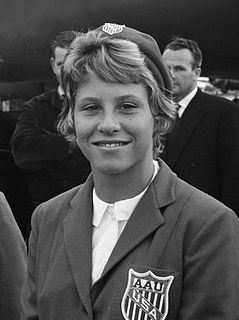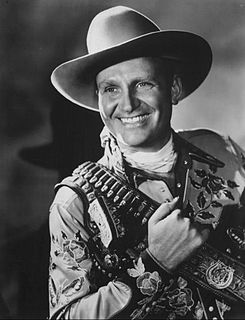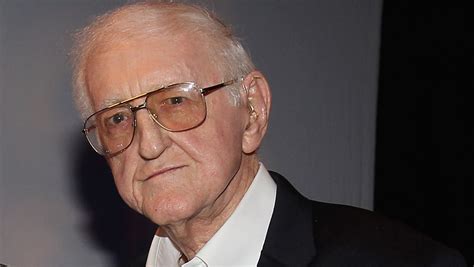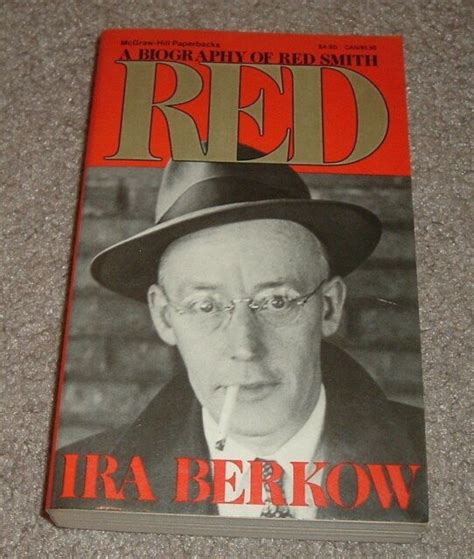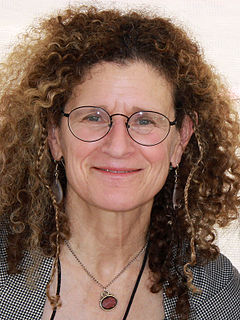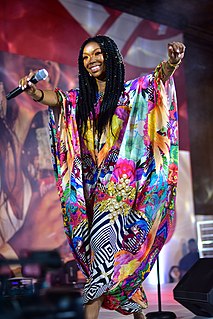A Quote by Peter Golenbock
Michael Bohn provides a rare opportunity to experience the American sporting scene in the Roaring Twenties. A constant stream of legendary characters marches across these pages. You’ll meet them all: The Babe, The Four Horsemen, The Manassa Manassas Mauler, The Wheaton Iceman, Bill Tilden, Gertrude Ederle, and Grantland Rice, the sportswriter whose purple prose made them all come alive.
Related Quotes
In the early years of the Roaring Twenties, American women not only won the right to vote but they also earned headlines along side their male counterparts during the Golden Age of American sports. Michael Bohn shares an engaging story of how two sports heroines, tennis player Helen Wills and swimmer Gertrude Ederle, helped embolden women to seek self-fulfillment by challenging the status quo.
The Four Horsemen whose Ride presages the end of the world are known to be Death, War, Famine, and Pestilence. But even less significant events have their own Horsemen. For example, the Four Horsemen of the Common Cold are Sniffles, Chesty, Nostril, and Lack of Tissues; the Four Horsemen whose appearance foreshadows any public holiday are Storm, Gales, Sleet, and Contra-flow.
A book is maybe about 350 pages, and the prose allows for readers to get a glimpse into the internal lives of the characters. A screenplay is 120 pages, and it's all dialogue and action. The pacing of films is different, the structure is often different, and the internal lives of the characters must come across through the acting. Movies are just a different experience than reading - so it just depends on what an individual prefers.
Of course, there are hundreds of novels and authors that have influenced me. But to choose three, they are: Stephen King/The Stand (and really most of his books); Anne Rice/The Witching Hour; and Pat Conroy/The Prince of Tides. These authors write my favorite kind of book - epic feel, gorgeous prose, unique characters, and a pace that keeps you turning the pages. From them, I learned a lot about characterization, pacing, prose, voice, and originality.
In my later years I have sought to become simpler, straighter and purer in my handling of the language. I've had many writing heroes, writers who have influenced me. Of the ones still alive, I can think of E.B. White. I certainly admire the pure, crystal stream of his prose. When I was very young as a sportswriter I knowingly and unashamedly imitated others. I had a series of heroes who would delight me for a while and I'd imitate them--Damon Runyon, Westbrook Pegler, Joe Williams.
Even in a crowded field, it is a rare pleasure to come across a prose stylist like Kellie Wells, whose intellect and language bid one another beautifully to a dance. She dares to be at play in the most unsettling questions of her day. Surely when the present generation of writers shakes down to its unique and irreplaceable voices, Kellie Wells will be one of them.
I can see a scene in my head, and when I try to get it down in words on paper, the words are clunky; the scene is not coming across right. So frustrating. And there are days where it keeps flowing. Open the floodgates, and there it is. Pages and pages coming. Where the hell does this all come from? I don't know.
